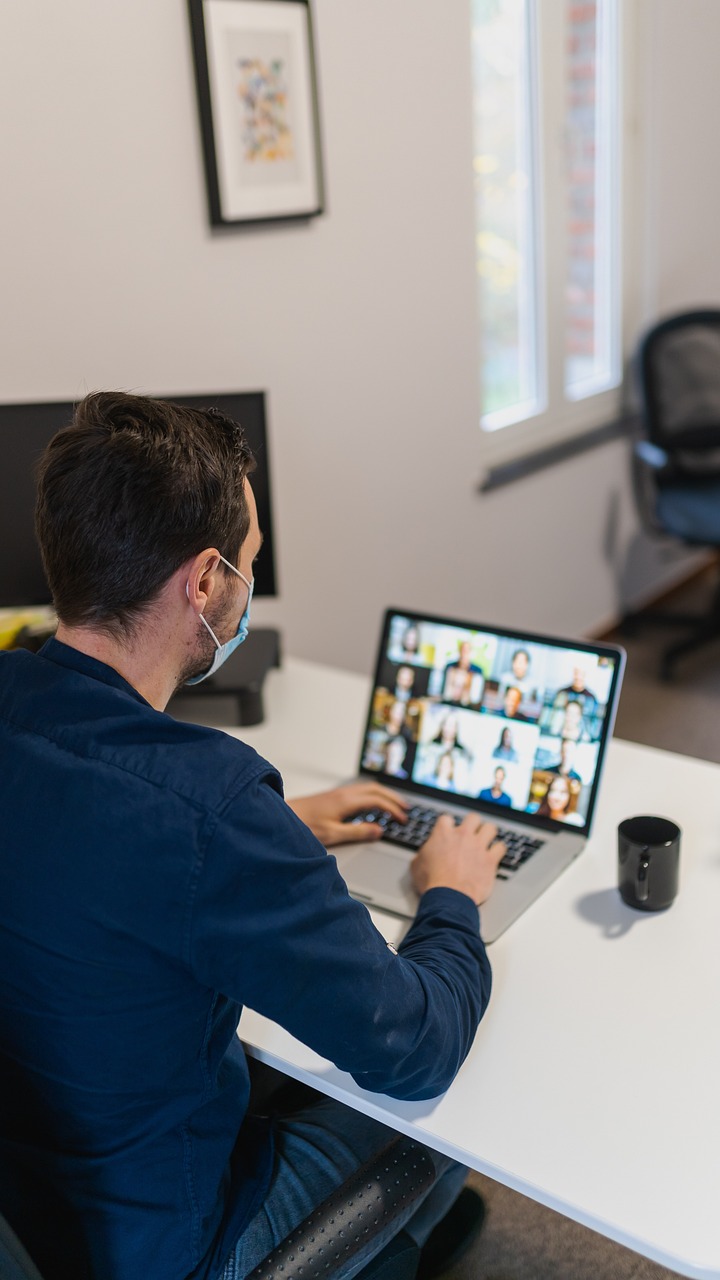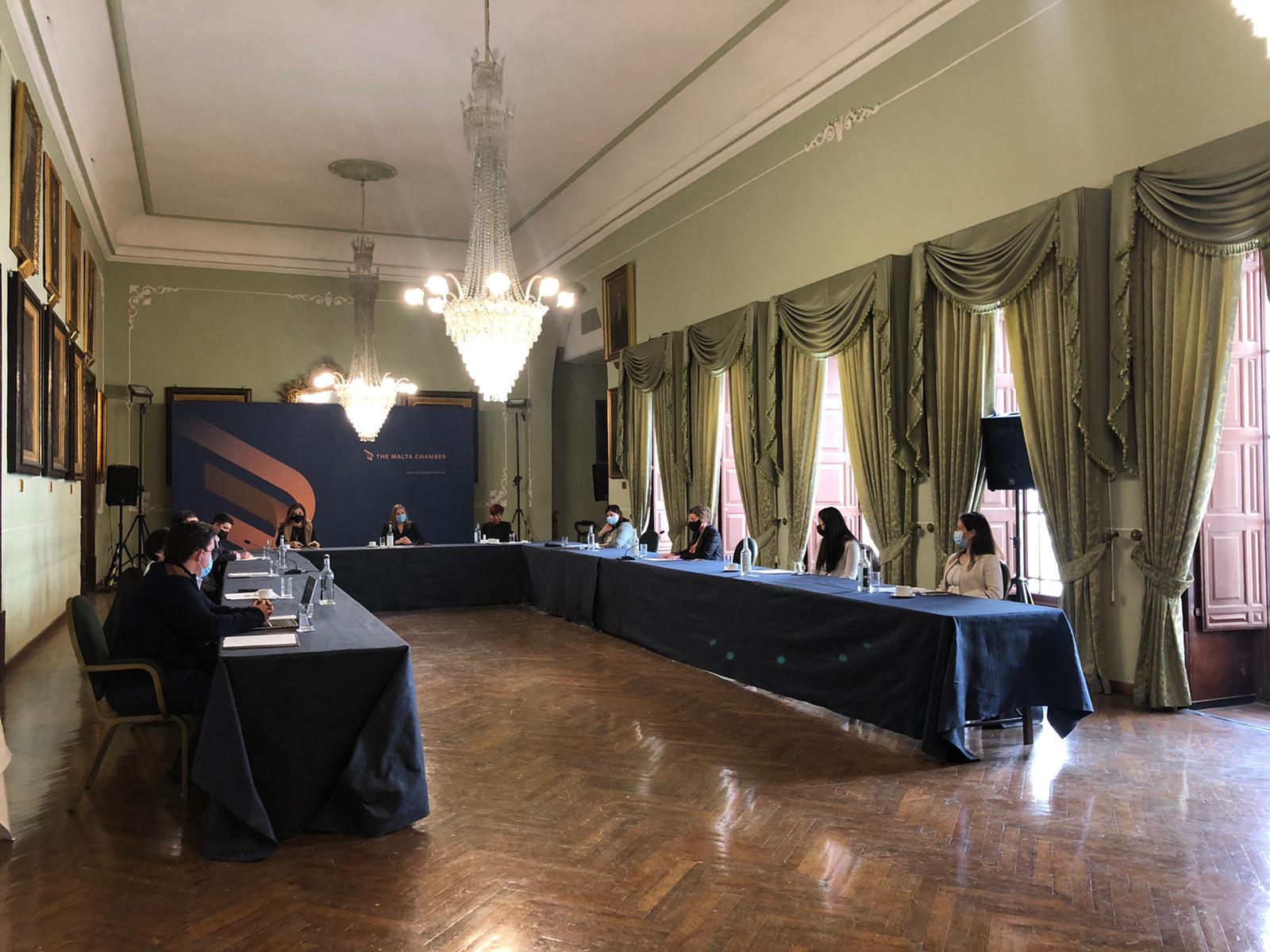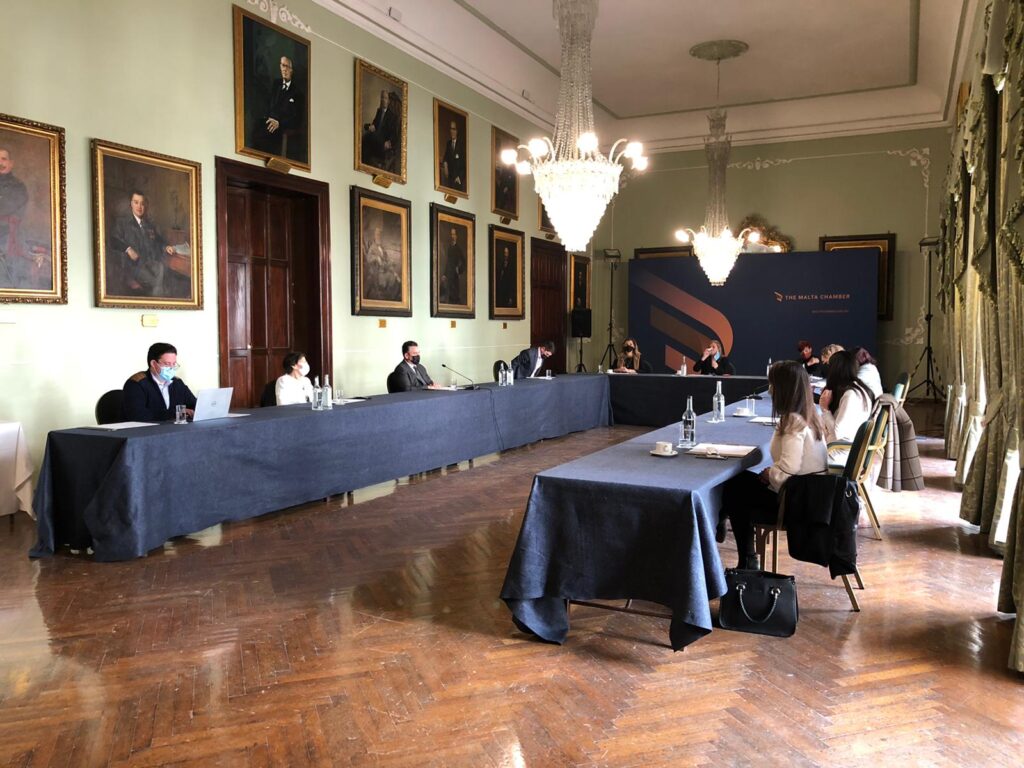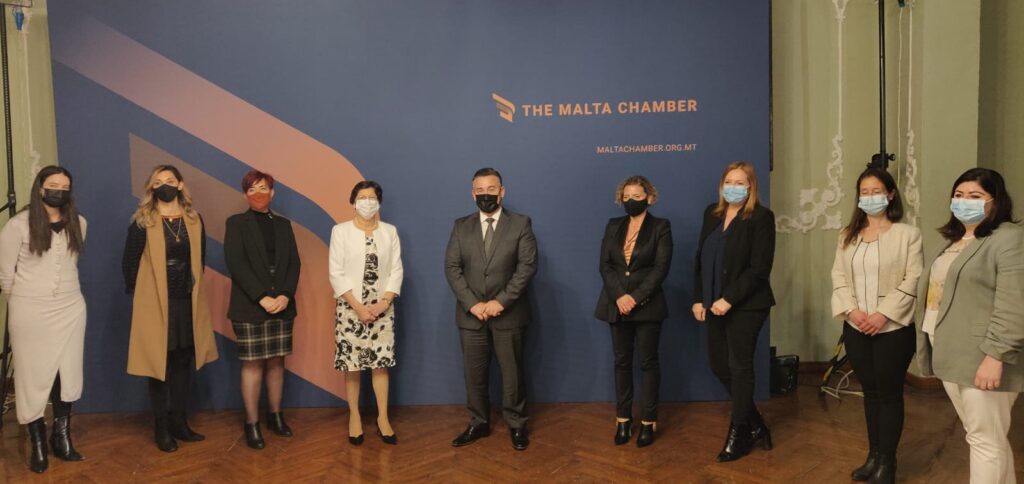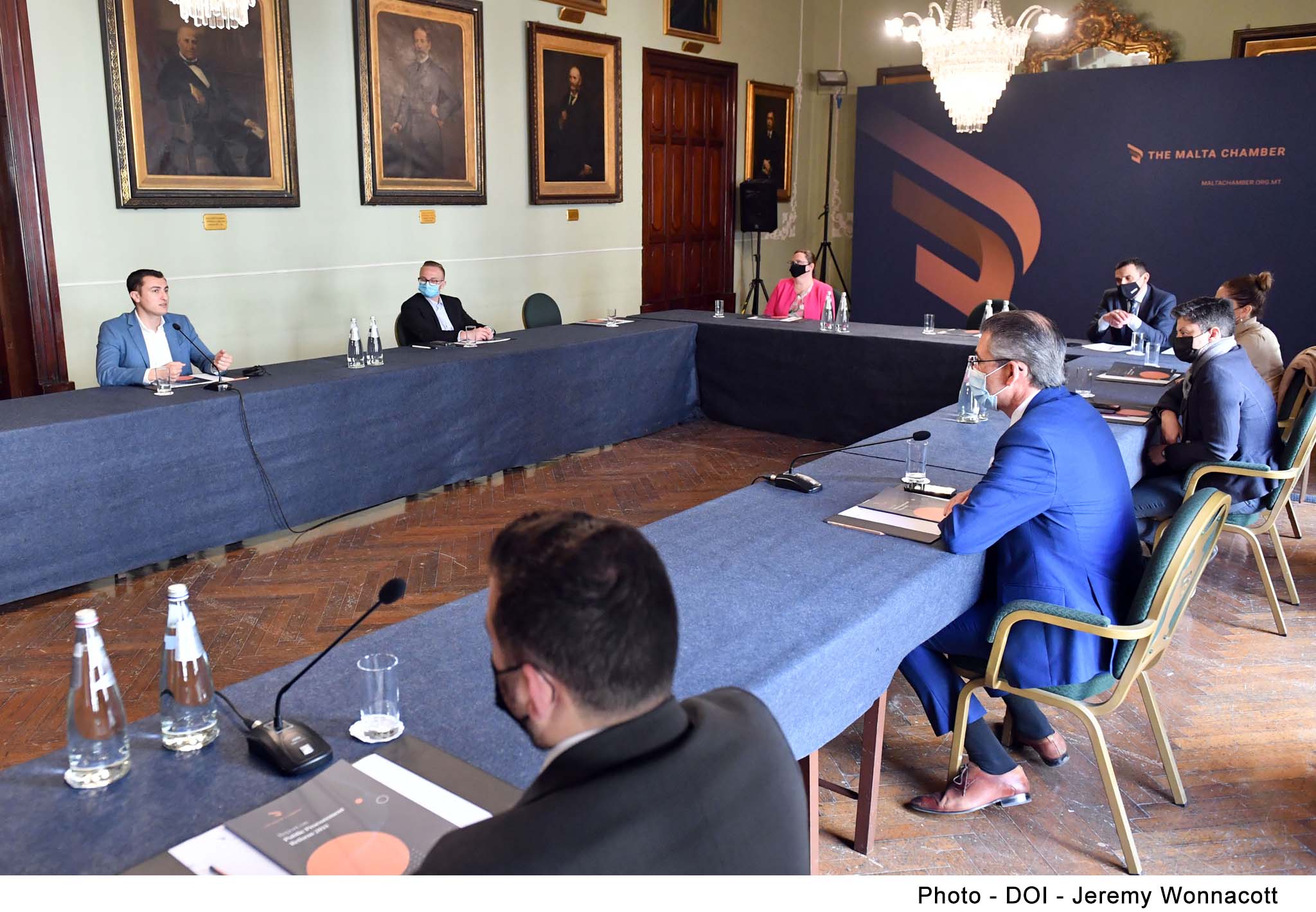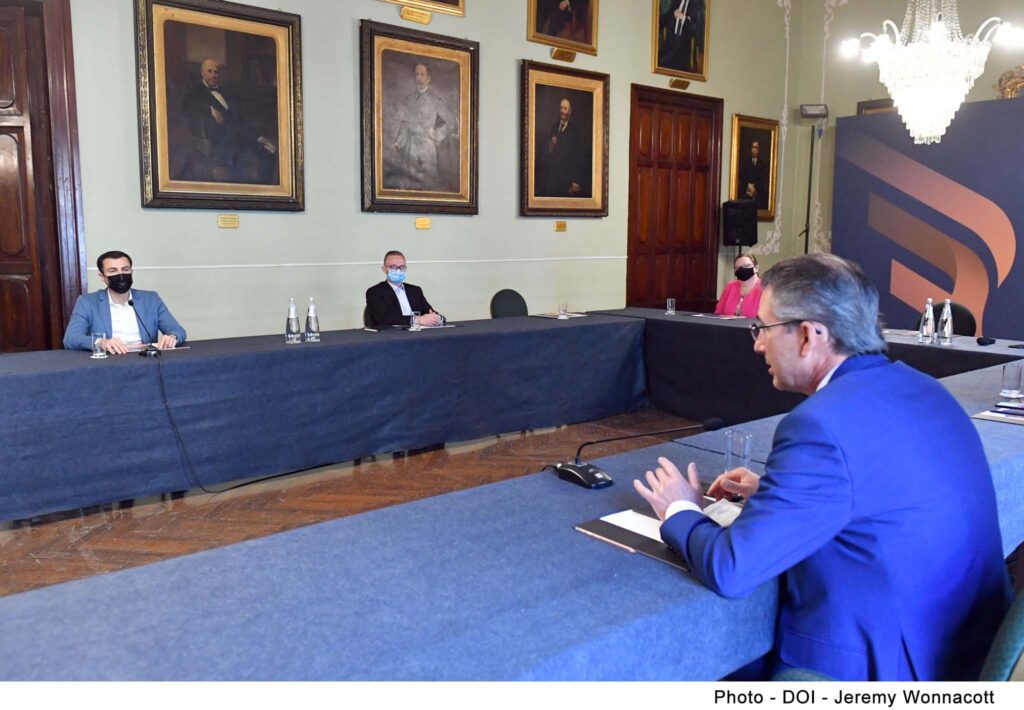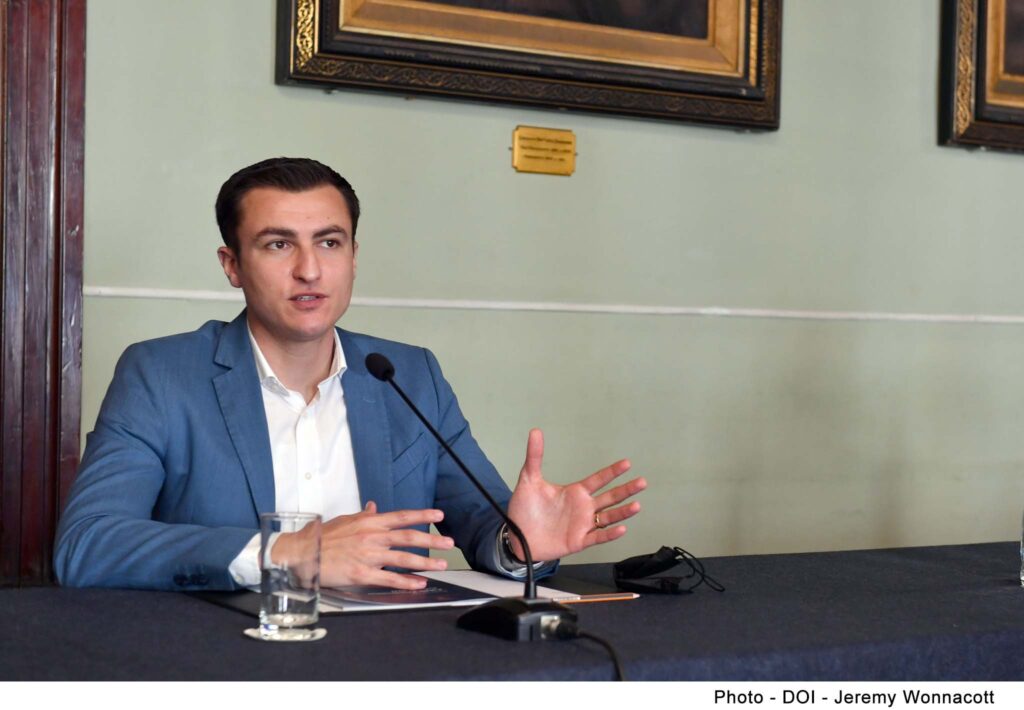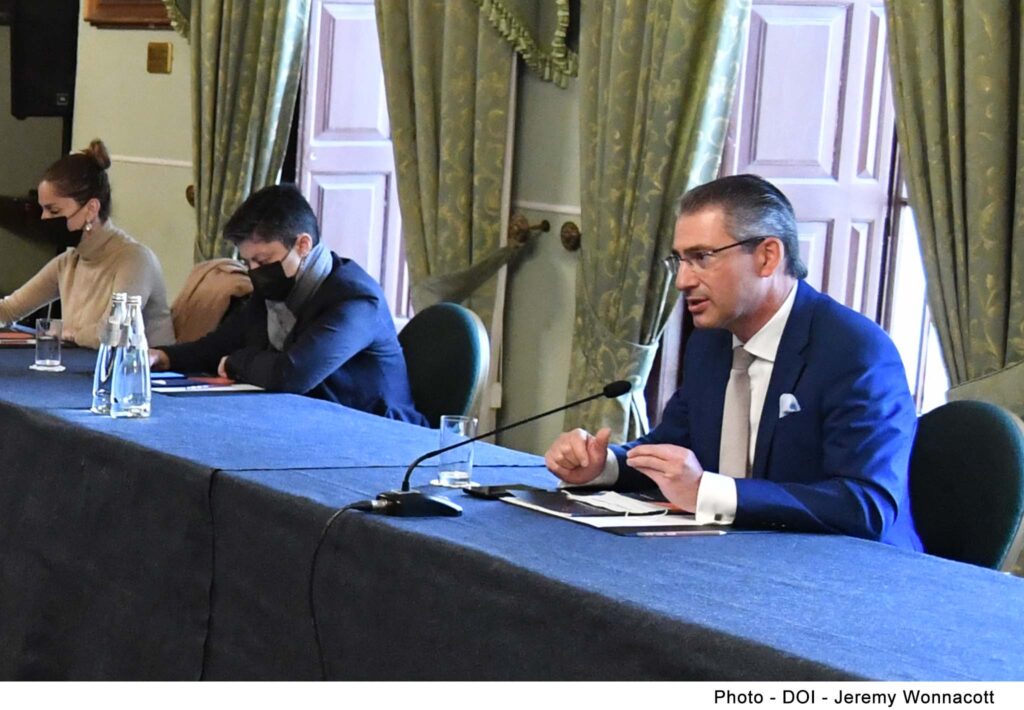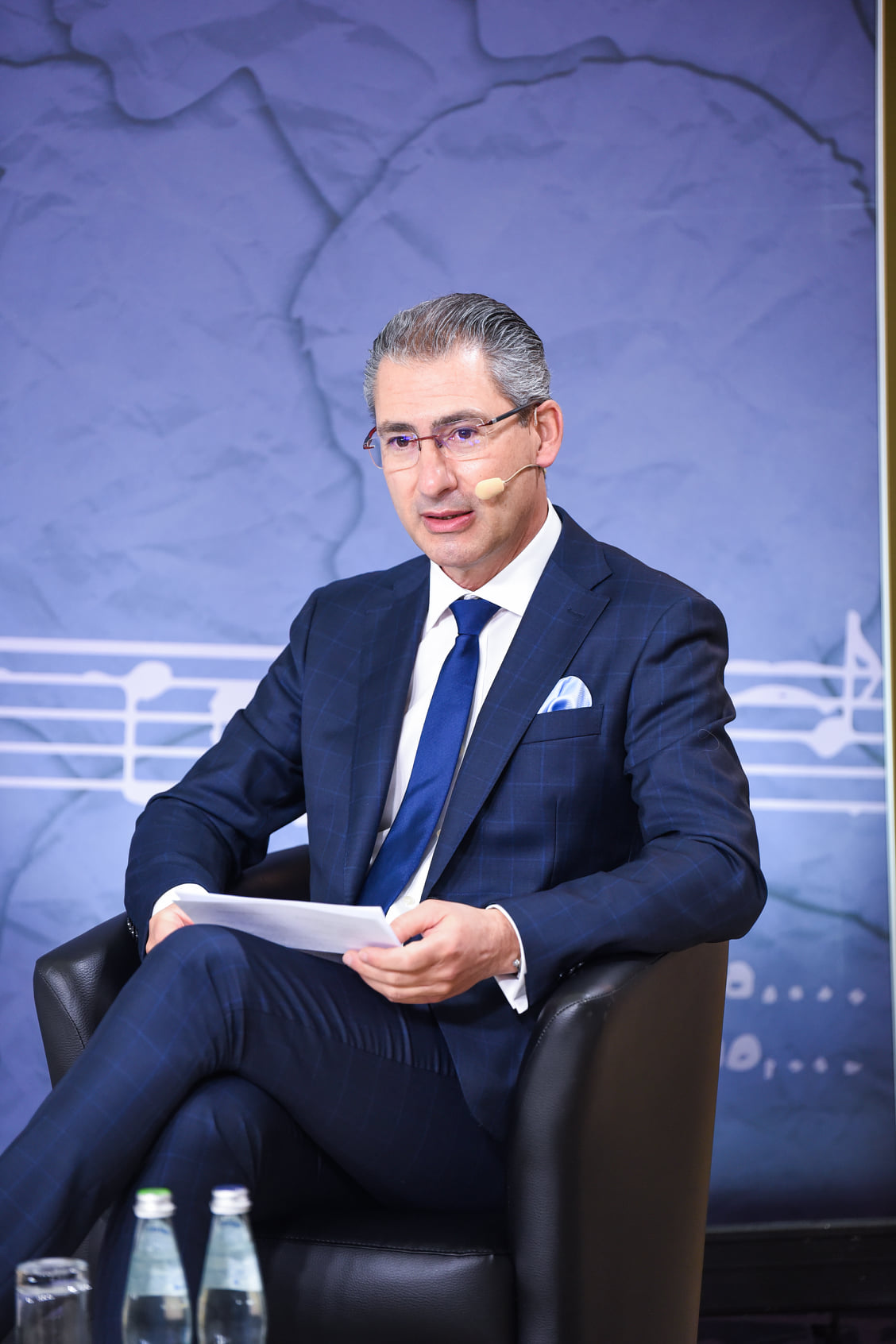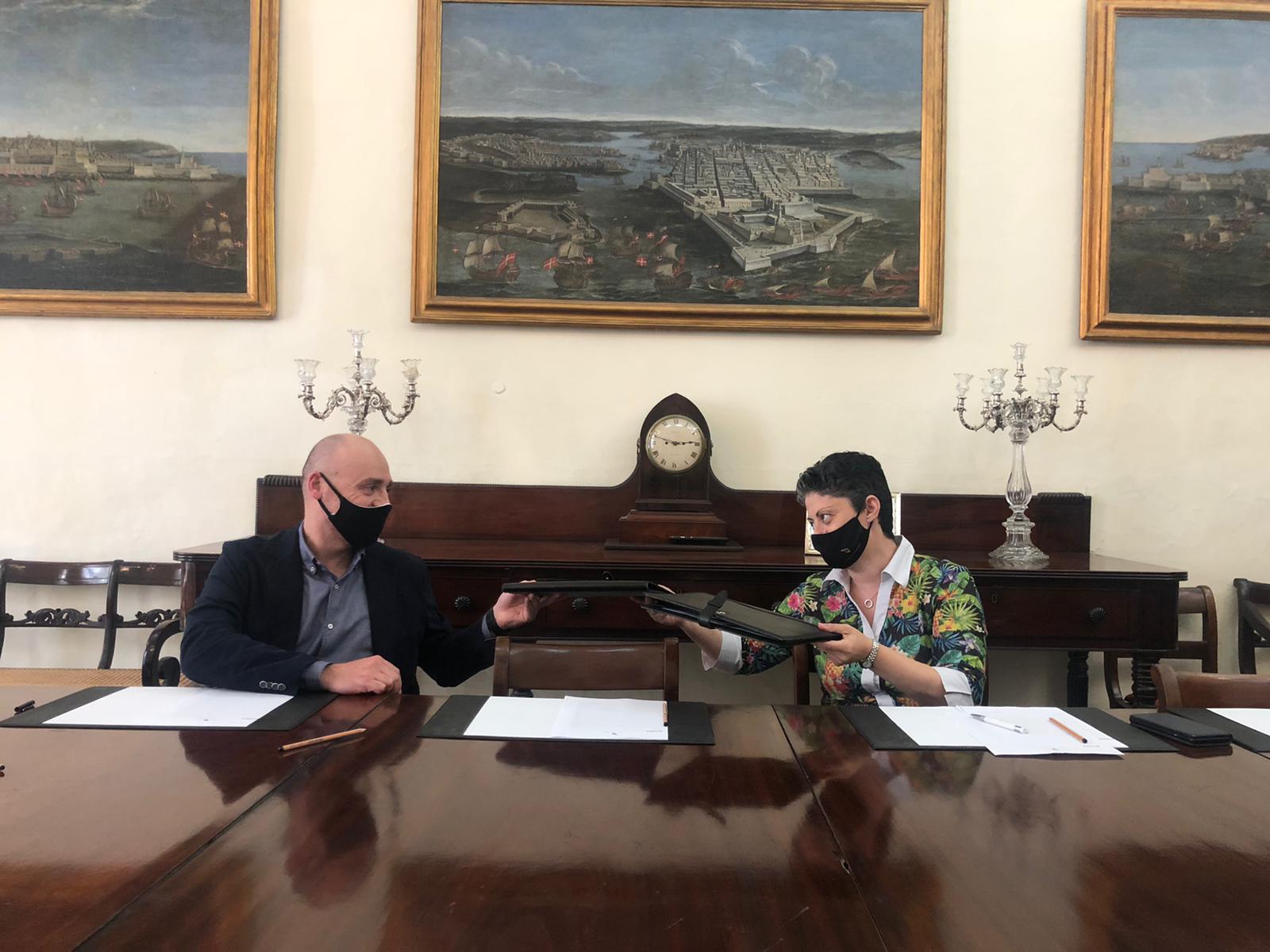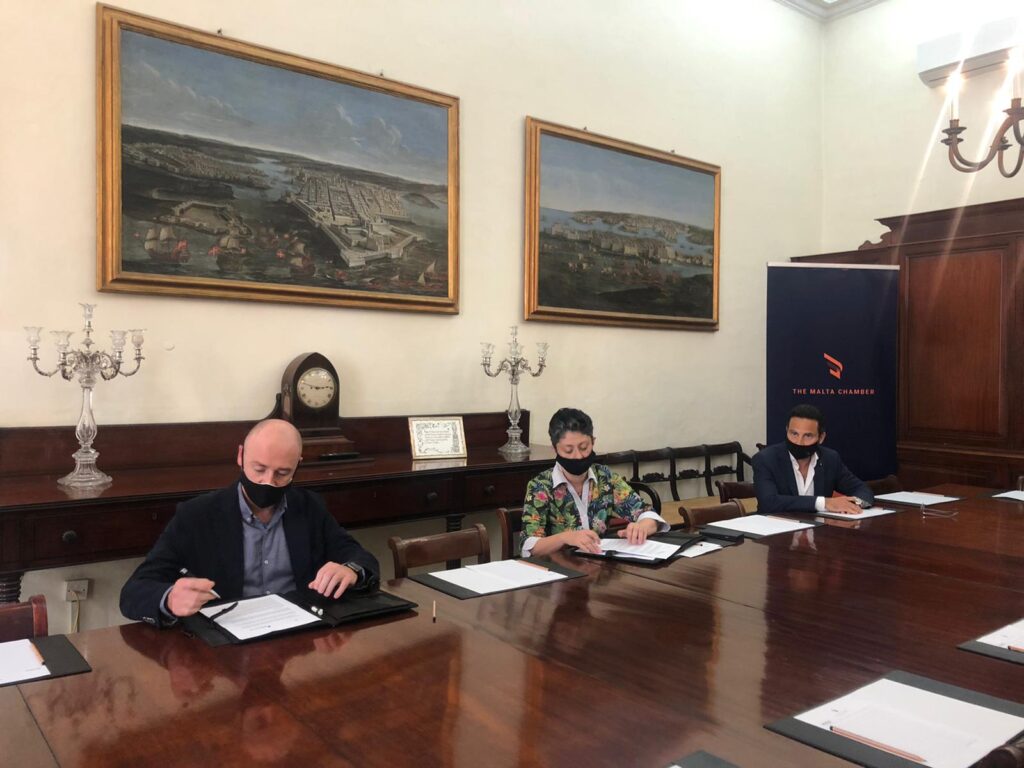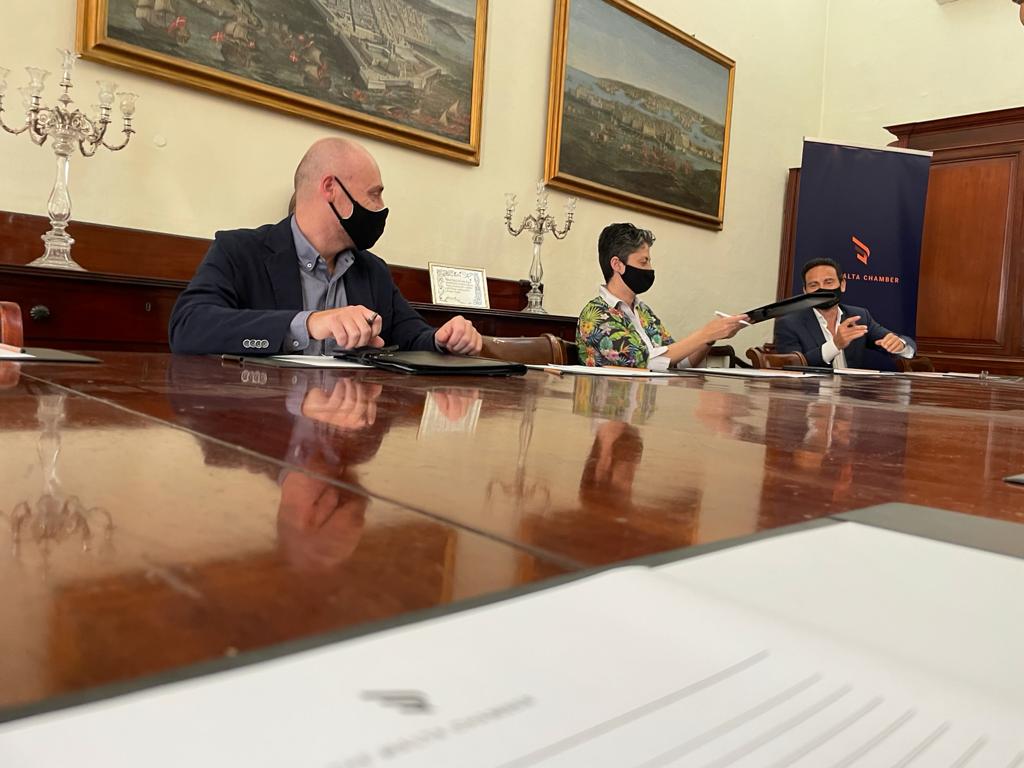Digital tools have transformed the way we do business. Digitalisation has streamlined operations, boosted productivity, and improved business to consumer interaction. During the past year, the Covid-19 wreaked havoc in the economy, but it provided one silver lining by forcing, or rather enabling several work activities to go on remotely.
Remote working brings about several benefits, including flexible-work-arrangements and a smaller environmental footprint. This does not come without challenges and considering how digitalization is shaping our society and the workplace, it would be appropriate for all stakeholders to take up this matter and discuss it further in the context of the future of work, particularly to address challenges regarding the blurring of work and private time in the case of those making use of digital tools for work purposes. This ought to be managed through clear guidelines, educational campaigns, in-company policies, and training.
Recently, the Malta Chamber and the Malta Business Bureau (MBB) took note of public remarks by the Maltese Government on the prospect of introducing national legislation on the Right to Disconnect, even jumpstarting a process at European level. Both organisations agree that this is neither necessary, nor time appropriate.
Malta Chamber President Perit David Xuereb noted that, “European legislation such as the Working Time Directive, which is transposed into national law, already sets out the rules on working and rest time and protects the health and safety of workers. These rules are adequate, and thus no further legislation is required. Future legislation, particularly if modeled on a recent Maltese-led report in the European Parliament, raises many questions on how this could be implemented without adding substantial administrative burden on businesses. Needless to say that this is not the time to add more burdens on companies.”
MBB President Simon De Cesare acknowledged that, “If not well managed or if used excessively, digital tools can impact workers’ wellbeing, leading to stress. But in today’s society this is not just a work-related matter. It is equally applicable to private life. Therefore, rather than creating legal obligations, it would be better to create a space for dialogue where employers and workers, together with their representatives, find flexible solutions relevant for their workplace based on collaboration and mutual trust.”
The Malta Chamber and the MBB have in fact been proactive on the matter and have recently been awarded a grant by the European Commission through its European Social Dialogue programme to implement the EU autonomous framework agreement on digitalization in Malta, which was negotiated by EU Social Partners BusinessEurope and the European Trade Union Confederation. The General Workers Union is also an associated partner of this project and more stakeholders will be approached to contribute to the process.
The Malta Chamber and the MBB also welcome a point in the recently adopted European Parliament report by MEP Alex Agius Saliba on the Right to Disconnect, whereby while calling for an EU Directive, it refers to the European Social Partners Framework Agreement on Digitalisation, acknowledging that it includes arrangements for connecting and disconnecting and recalls how the Framework Agreement provides for the social partners to implement the agreement within the next three years. The report therefore notes that a legislative proposal before the end of that implementation period would disregard the role of social partners laid down in the Treaty of the Functioning of the European Union.
In the spirit of the above European Parliament resolution, and in view of the proactive stance by the Maltese social partners, the Malta Chamber and MBB call on Government to refrain from introducing national legislation on the Right to disconnect. It should rather encourage social partner dialogue to address new challenges and opportunities at the workplace and provide direct support to companies through more dedicated schemes to take up digital tools and provide safe equipment applicable for remote working.

